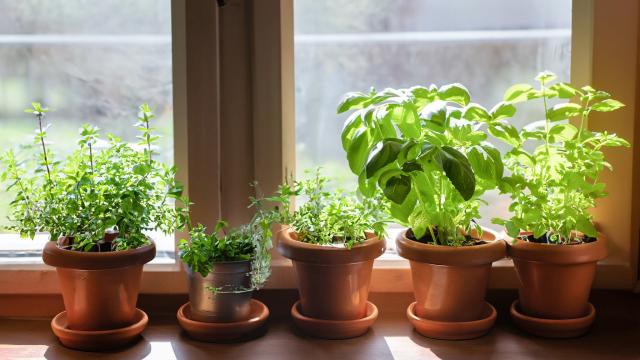
How to grow herbs in your kitchen
With a bit of care, you can grow your own aromatic herbs and live out your dream of a mini herb garden indoors.
By keeping fresh herbs on your kitchen counter, you’ll be bringing nature into your home, and have fresh herbs on hand any time. Herbs do take a bit of tending, but this could be an enjoyable hobby if you have no garden, but still have green fingers. If you’ve already tried and failed before, read on for ways of keeping your herbs happy.
Which herbs can I grow?
There are all kinds of aromatic herbs to choose from. But not all varieties do well in a kitchen. For the best chances of herb survival, sow your own; that way they’ll be more robust. Herb pots from supermarkets grow faster and are not that robust because they are produced under very favourable growing conditions.
Herbs don’t take up much space, so you can keep them on a window sill where they can soak up plenty of light. As a beginner, you may want to start by growing the most commonly used cooking herbs:
- Parsley
- Basil
- Thyme
- Rosemary
- Chives
- Mint
Remember to water them correctly
Herbs need more water than you might think. So, take care to water them frequently – in hot weather up to several times a day.
Whether you buy supermarket plants or sow herbs yourself, be sure to grow them in pots that will give their roots plenty of room to grow. If using a planter with no drainage hole, you’ll need to put some LECA (baked clay balls) in the bottom of the pot so that excess water can drain away from the roots. Herbs do best on lukewarm water, as watering them with cold water can give the roots a shock. Also, avoid getting water on the leaves. Only water the plant in the pot itself.
Might you forget to water your plants now and again? If so, shop for self-watering plant pots to do the job for you.
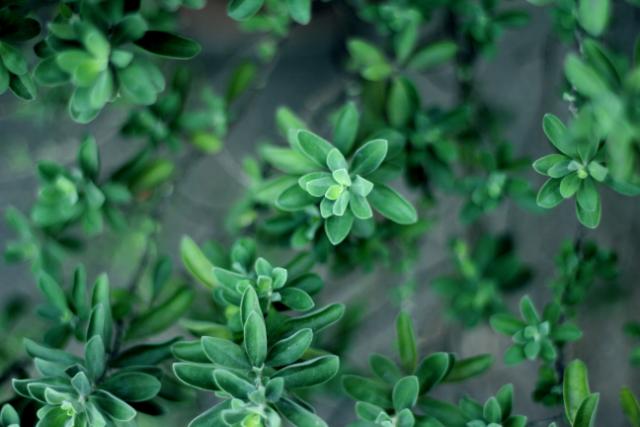
Thyme
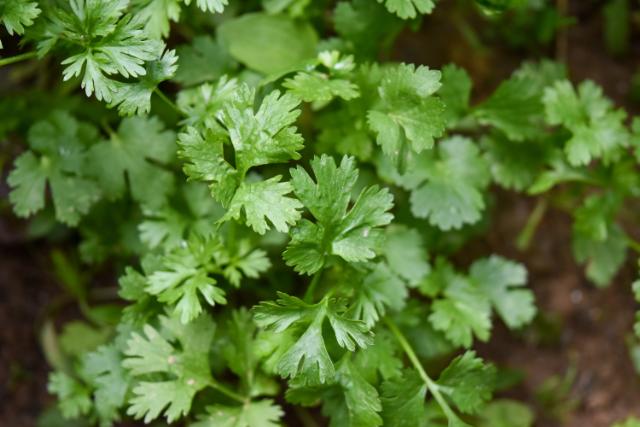
Parsley
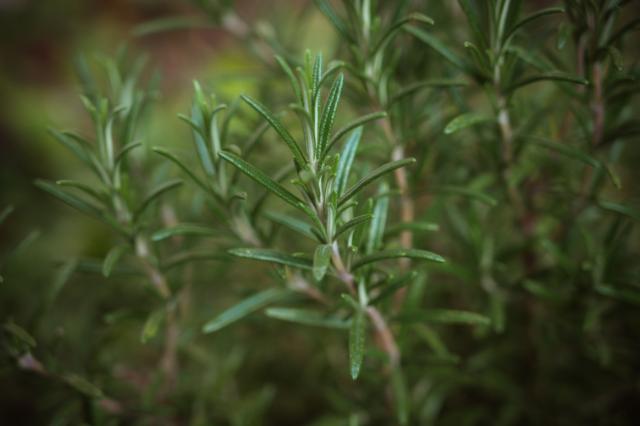
Rosemary
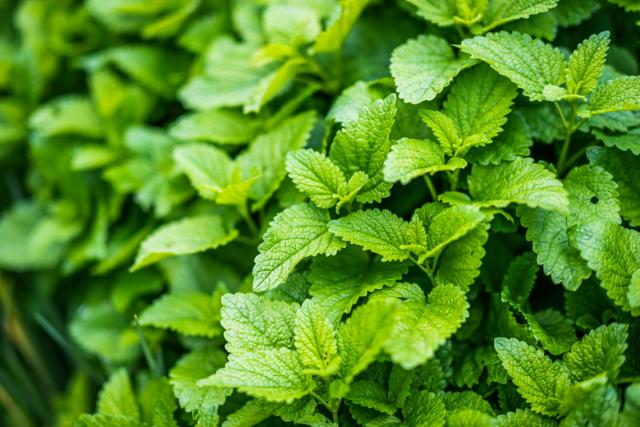
Mint
Give your herbs light and height
In a small kitchen, save space by keeping hanging herbs – as long as they get plenty of daylight but no direct sunlight. Some herbs like basil don’t like the cold, so if you air out your kitchen a lot, they should be kept away from the window sill.
Your herbs need feeding
If you buy a potted herb from the supermarket, the soil it comes in is typically low on nutrients, as it’s only intended to last a few days. After repotting it, the best thing is to give its new potting soil some fertiliser. If you feed your herbs fertiliser every spring, they will get the right nutrients for growing for the rest of the year.

.jpg&width=640&format=webp)
.jpg&width=640&format=webp)
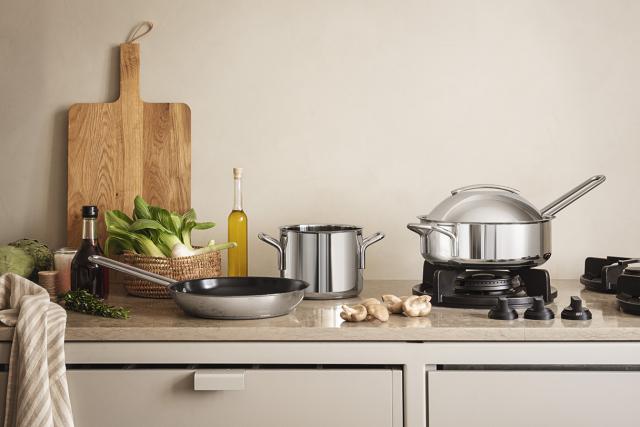
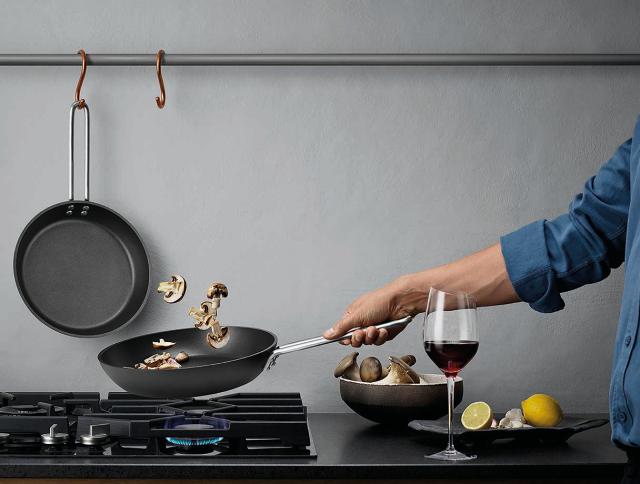
.jpg&width=640&format=webp)